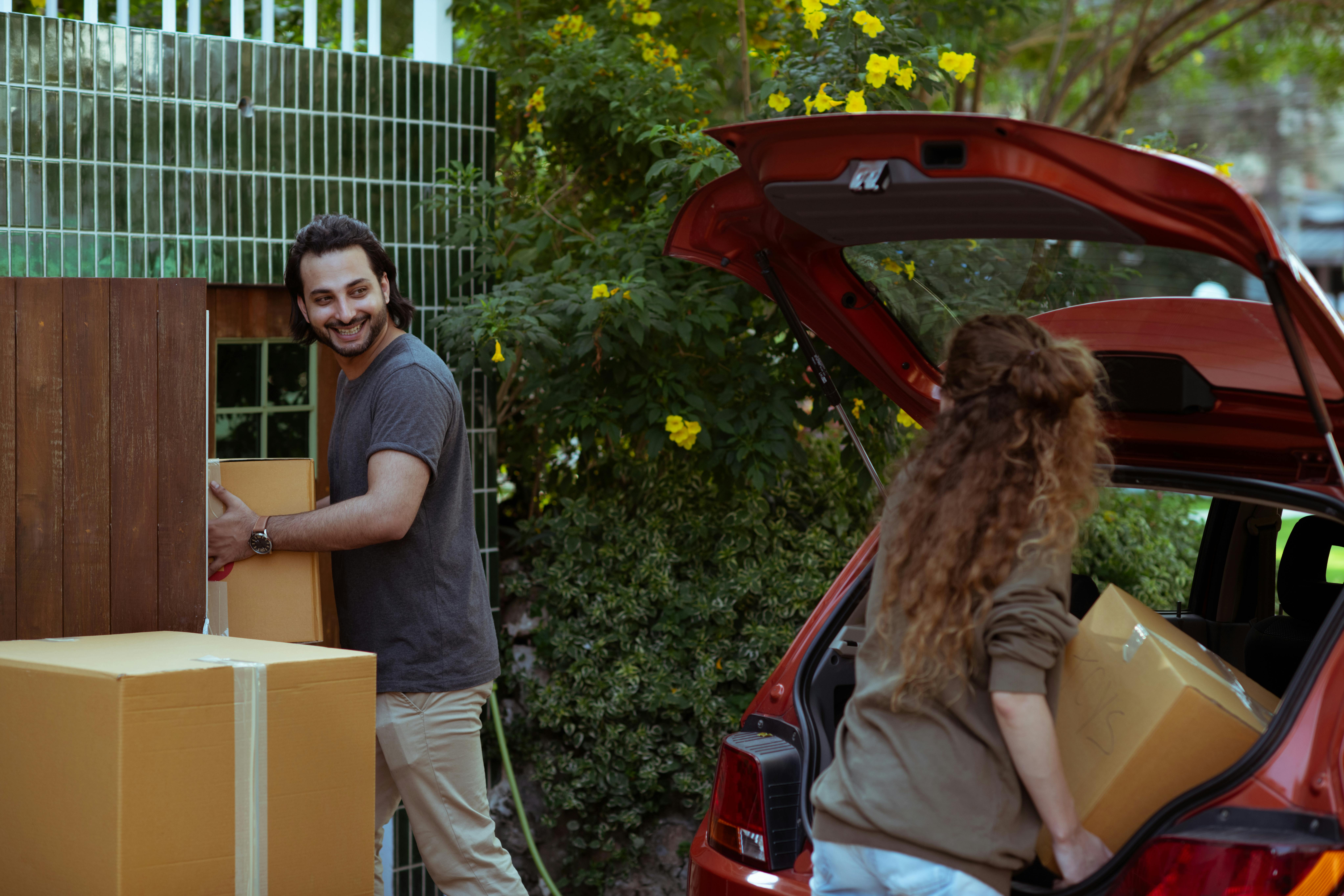The Salvation Army acquires vehicles through donations. Sometimes these are vehicles that owners no longer need, for various reasons, and are in reasonably good condition. Sometimes they are vehicles that are damaged or mechanically defective and the previous owners have chosen not to repair, sell or exchange them. They have decided to donate the vehicle to get a charitable contribution tax deduction.
In the state I live in, a vehicle cannot be sold to the public if that vehicle does not pass smog and safety standards. When the Salvation Army obtains a smog-free vehicle, it sells it to a dealer who will either repair the vehicle to meet safety and smog standards or resell it to a wholesaler.
Tip #1 Most used car buyers are aware that when purchasing a used vehicle they are going to have to make an investment in the car to keep it in excellent working order. Before you buy a used car, you must first drive the vehicle, both on the street and on the highway. Make sure you like the way the car drives, that it accelerates well and brakes well. Check the car for any visible damage. Check both under the hood and inside the trunk. If the car has been in an accident, telltale signs sometimes appear in those places. Look for mismatched paint on the exterior of the vehicle. If a car has been repaired with Bondo, leave it in the lot.
If you have a trusted mechanic, ask him to inspect the vehicle. before your purchase. They will usually charge you a small fee to do this, but it will be worth it. You’ll know what needs to be done to the vehicle to keep it running in top condition and the approximate cost of repairs. You can also put the car on a shelf and check for frame damage.
Tip #2 When you visit the lot for the first time, take a notebook and pen with you. Write down the mileage and the VIN number (Vehicle Identification Number). You will need the VIN number to run a Carfax report. There is a small charge for these, but it is well worth the small fee to make sure the vehicle has not been in a flood and water damaged.
High mileage cars are worthless to a dealer because they can’t finance the car. These are the cars you see advertised “As Is, All Cash, No Warranty.” 2011-1998= 13 years 13/100,000=7693 miles per year. Average mileage is between 10,000 and 15,000 miles, so this vehicle should show less mechanical and interior wear. Note that well-maintained vehicles have been known to remain useful for 300,000 to 400,000 miles, but this is not typical.
Tip #3 Cars sold by the Salvation Army will have a sale price. These prices are negotiable within reason. Many times the age of the vehicle will be older than what you will find in Kelly Blue Book. Prices for cars over 20 years old can be found online at NADAguides.com with the price of classic cars. If you’ve followed my suggestions and feel confident that the car will serve you well, negotiate in good faith for a price that works for you. Remember that this will not have any commercially marketable value, so your price is your best offer.
Following these tips will take some of the uncertainty out of buying a used Salvation Army vehicle. Good luck.
